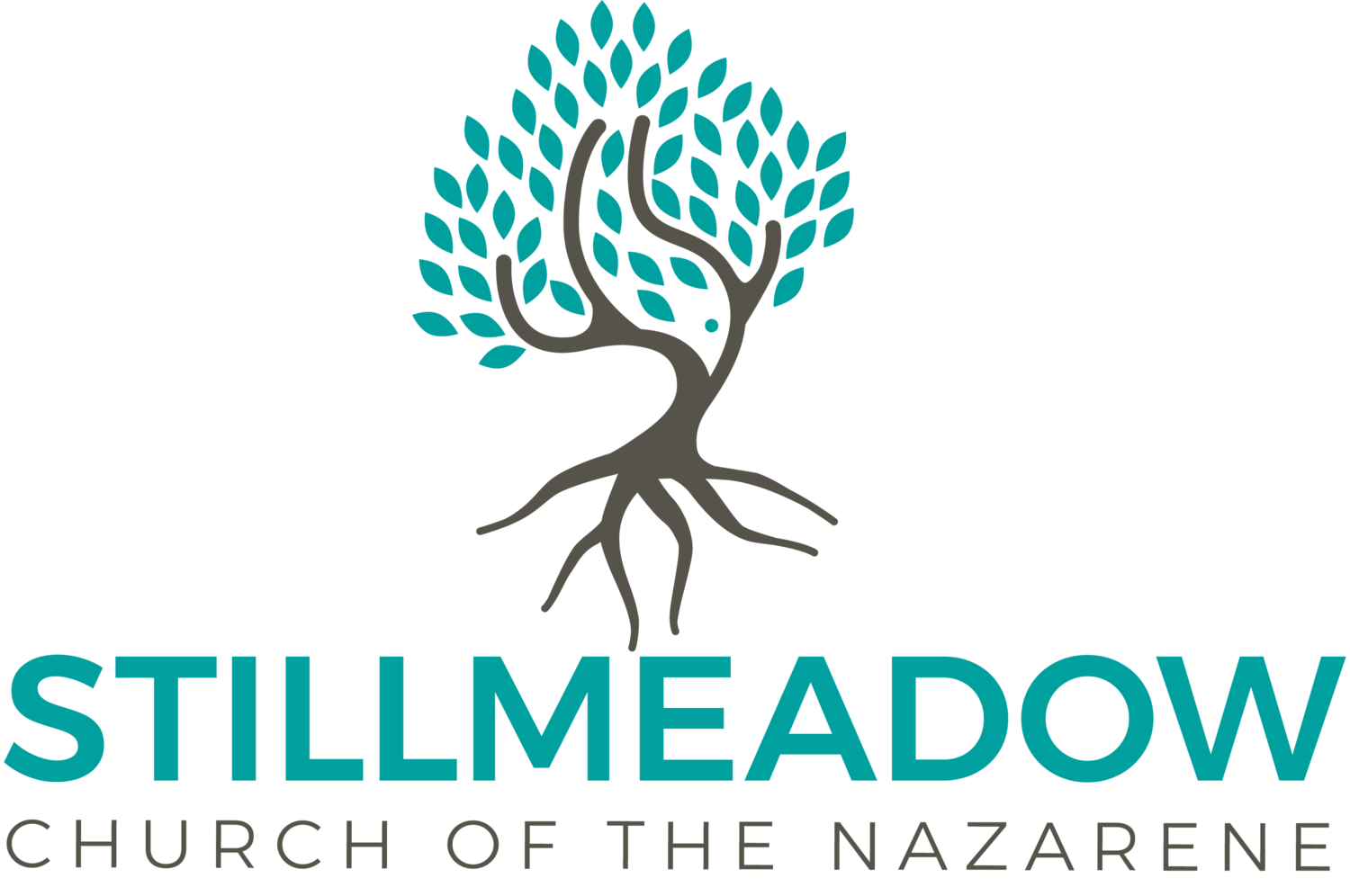Series: Worth Dying For Title: A Community of Sacrifice
Main Text: John 2:13-22, 1 Corinthians 1:18-25
Supplemental Texts: Psalm 19, Exodus 20:1-17
Summary:
The church is a community of sacrifice. The Griest family was a part of a network of Quaker friends opposed to the unjust system of slavery. They were abolitionists who stood against the immorality of the laws. They did not just oppose in theory, but in fact. Their convictions led them to sacrifice time, resources and reputation in order to help freedom seekers experience justice. What their world saw as foolish and weak, we now recognize as wise and powerful. When Jesus cleared out the temple in John 2, he too was opposing an injustice. The temple was meant to be a place for intimacy with God, instruction in God’s ways and inclusion of non-Jews. But the temple had turned into a cluttered market that excluded others. As Christians, our community is based on the message of the cross, which looks foolish and weak, but is wise and powerful. In Jesus we find intimacy with God, instruction in God’s ways and inclusion of others. Exodus 20:1-17 offers the 10 commandments, which detail how a community can live with God as the center and serving others. (Beautifully enough, the commands start with God reminding the people how he delivered them from slavery in Egypt. Those commands come from the liberating God with the intention of leading them to continue in liberty!)
Read more about the Griest family, how their orchard was beside the Pfaltzgraf orchard, how they worked with other Quakers and non-Quakers in Scott Mingus Sr’s books “Guiding Lights: Underground Railroad Conductors in York County, PA” and “The Ground Swallowed Them Up” and use the power of google to find more!
Reflection Questions:
Begin by reading Psalm 19:1 and 7 and pausing for two minutes.
If Jesus were to live in our time and town, what injustices would he address?
Read John 2:13-22. Historical background shows that the temple courts being filled with money changers and animal salesmen would have kept the temple from giving space to non-Jews. Why do you think Jesus chose this method to address the injustice of his time in the temple?
If the purpose of the temple was to create intimacy with God, give instruction on how to follow Him and offer inclusion to outsiders, how is Jesus like the temple but better?
Jesus’ way was disruptively creative, going against expectations of his time. Read how Paul describes the message of the cross in 1 Corinthians 1:18-25. How do people misunderstand Jesus today? How does the message sound weak and foolish today?
When God gave the 10 commandments in Exodus 20, He explained that the purpose of the commands was so that the people would live out the freedom that He gave them. Why is it important to remember that God is a liberating God?
And what are some ways that the people of the church can be a liberating and creative force against injustices today?
What is God saying to you from this conversation? How is He inviting you to follow the “foolish and weak” way of the cross that is really “wise and powerful”?
Close in prayer.
Daily Reading
Sun: Exodus 20:1-17
Mon: 1 Corinthians 3:10-23
Tue: Psalm 84
Wed: Mark 11:15-19
Thurs: Genesis 9:8-17
Fri: Daniel 12:5-13


